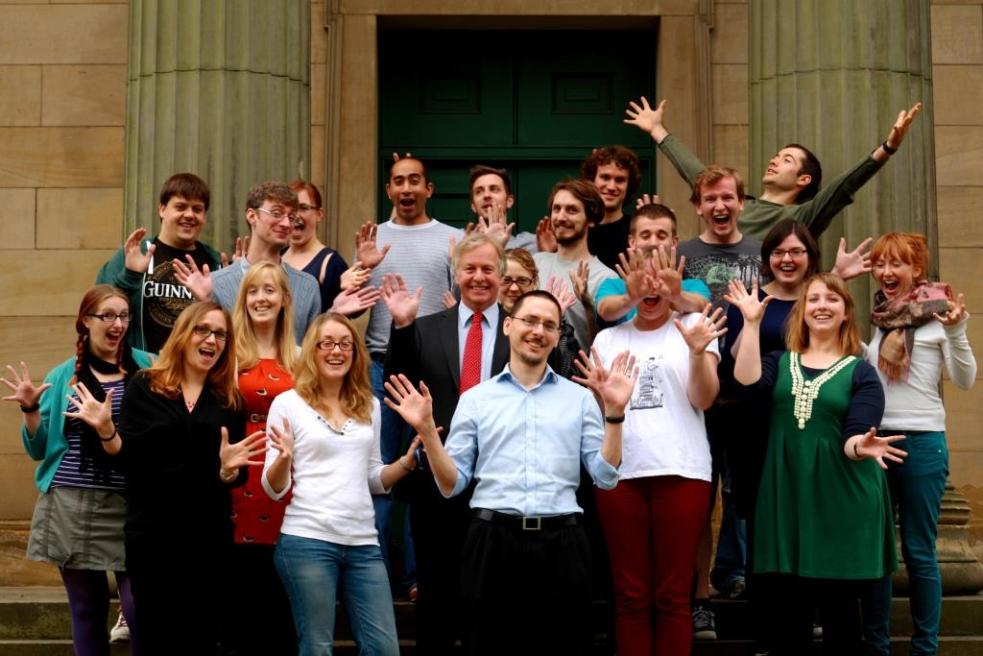Dreams of a Low Carbon Future
The aim of this project is to develop engineering researchers’ communication skills, by enabling them to work with schoolchildren and professional artists to produce a ‘graphic novel’ (comic) that explores the children’s visions of a sustainable ‘low carbon’ future society.

University of Leeds
The participants consisted of approximately 40 Engineering PhD researchers in the EPSRC Centre for Doctoral Training in Low Carbon Technologies at the University of Leeds, approximately 370 Key Stage 3 school children from regional schools and 25 artists, writers and designers. Schools were selected based on a desire to reach a diverse group of children – from high achievers, to those from more challenging backgrounds. The audience in addition to the school children were members of the public attending comics festivals, museums and comic shops where the graphic novel was circulated. The outcome of the project was to print 5,000 copies of the graphic novel and circulate these to children and the wider public (for free). Many schools and community groups have requested dozens of copies. An online evaluation survey was prepared so that everyone receiving a copy of the novel could respond. The participating engineers were asked to fill out a self-evaluation form at the start and end of the project, to evaluate their progress (the project has not yet reached this stage). Teachers are to be interviewed for their feedback.
Children wrote about the project:
“It helped me think of what the future could be like”; “I did not know that energy could do this”; “I would like to talk more about the future”.
Researchers commented:
“Working on the issues of climate change can be very serious and often frustrating so taking part in the project really demonstrated the value of taking time out to share your research and get an injection of enthusiasm from other people.”
The project continues to go from strength to strength with the group of engineers involved, initiating new projects, for example a bid to run an activity at Cheltenham Science Festival 2014.
